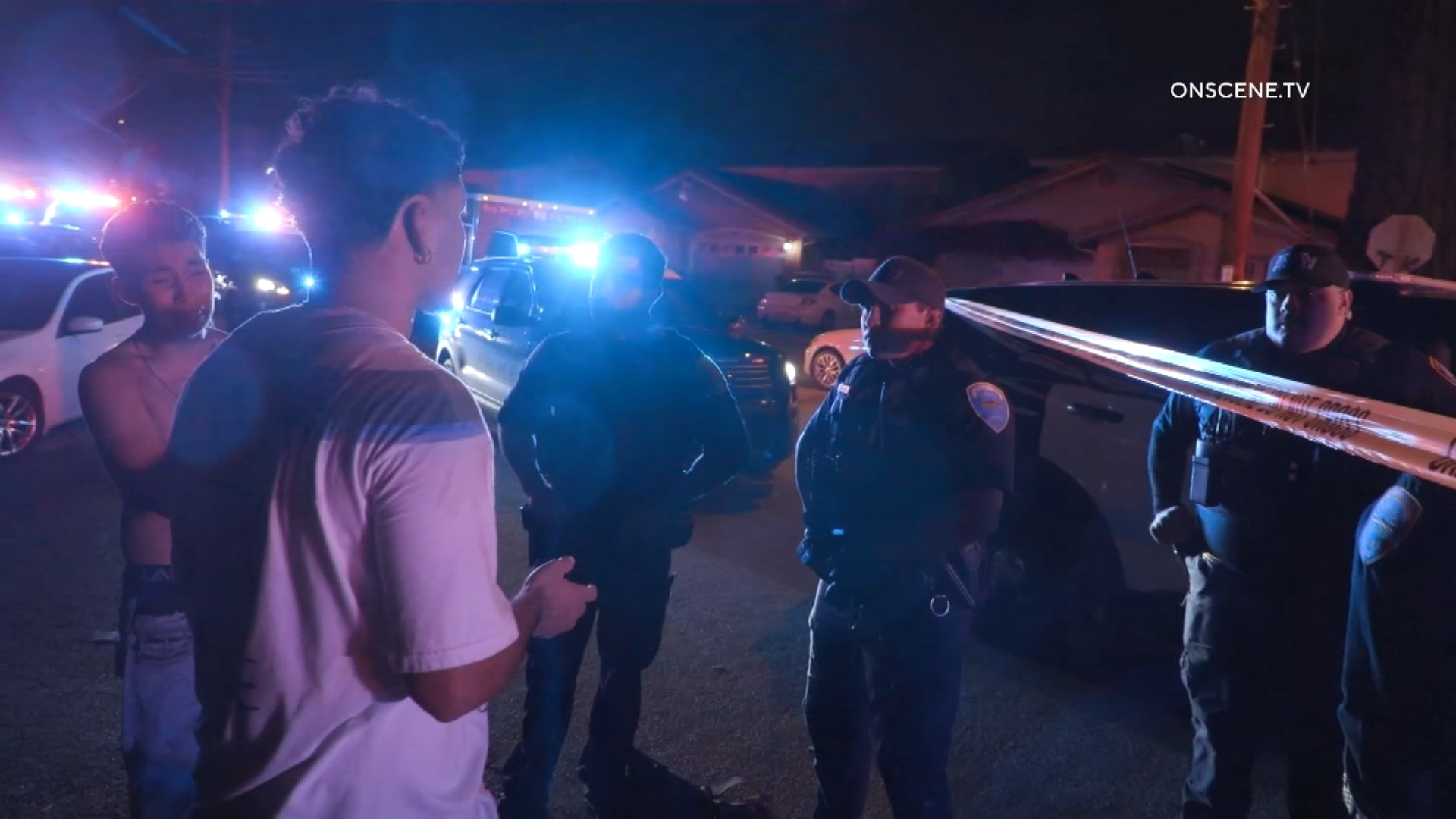The California Supreme Court on Thursday struck down a challenge to Proposition 22, upholding the law that allows apps like Uber and Lyft to classify drivers and delivery workers as independent contractors rather than as employees.
That distinction means the companies are not required to provide drivers with benefits like overtime pay, sick days and more.
Prop 22 passed as a statewide ballot measure in 2020. Afterward, a group of app workers and the Service Employees International Union filed a lawsuit challenging the measure, arguing it violated the state constitution by limiting lawmakers’ power to govern, specifically over workers’ compensation.
Get top local stories in San Diego delivered to you every morning. Sign up for NBC San Diego's News Headlines newsletter.
In its unanimous ruling this week, the California Supreme Court disagreed, upholding the law in a victory for rideshare companies.
“Whether drivers or couriers choose to earn just a few hours a week or more, their freedom to work when and how they want is now firmly etched into California law, putting an end to misguided attempts to force them into an employment model that they overwhelmingly do not want,” Uber said in a statement.
“We are pleased to continue to bring Californians closer to their friends, family and neighbors, and provide drivers with access to flexible earnings opportunities and benefits while preserving their independence,” Lyft echoed, calling Prop. 22 “a win-win for California.”
Local
In a statement, an Uber and Lyft driver who was one of the plaintiffs in the lawsuit called the measure “nothing more than a bait-and-switch meant to enrich global corporations at the expense of the Black, Brown and immigrant workers who power their earnings.”
“Prop 22 has allowed gig companies like Uber, Lyft and DoorDash to deprive us of a living wage, access to workers' compensation, paid sick leave and meaningful health care coverage,” said Hector Castellanos. “Today’s ruling only strengthens our demand for the right to join together in a union so that we can begin improving the gig economy for workers and our customers.”
At the San Diego International Airport, several drivers said the ruling had little impact. Many said they liked being independent contractors, in large part because, they said, it gives them flexibility with their time that they wouldn’t otherwise have.
“It’s a good option for people like me,” Carlos Martin said. “I work hours, whatever I decide, and I take rides wherever I decide to, adding "the money’s not good money but you can live with dignity."
Martin said he immigrated to New York from Brazil in 1999. On the East Coast, he said, he delivered pizzas more than 80 hours a week for less than minimum wage.
“I worked in restaurant delivery seven days a week — open to close — 11 to 11 or on weekends, 11 to 12,” Martin said, adding, “people take advantage, exploit.”
Martin followed his daughters to California eight years ago. He said the ruling on Prop 22 made little difference to him.
“In my situation, I don’t care too much,” Martin said, “but my situation now, I don’t have to work like before.”
“I’m very thankful for the opportunity,” Martin said, before clarifying, “For America. Not for Uber. For America.”



